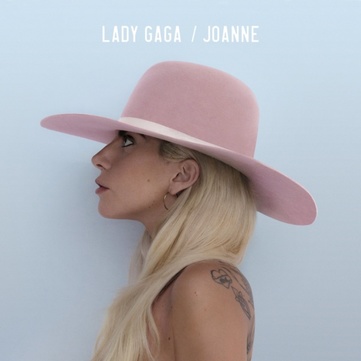
There was a lot riding on Lady Gaga's 4th solo studio LP. 2013's ARTPOP received such an overall tepid response, that the word "comeback" was hurled around. I myself wrote a borderline scathing critique, feeling that the record was too much of a reversion to Gaga's superficial past. I didn't write this then, but I also thought she sounded uninspired, and I theorized she was forced into putting something out before she was creatively ready (people forget that signed artists are employees). With Joanne, Gaga isn't in the mood to struggle and fit into a former mold of herself, nor be flashy. She seems grounded and as if her confidence and comfort has been renewed. This isn't to imply that she's unrecognizable or that all is lost if you love pre-2016 Gaga; many of her signatures are still there--they've just maturated. If fans are disgruntled about anything, it's that there isn't anything to shimmy to or easily turn into a dance remix for the ages. Ok, you got me, shimmy-factor has been a major component in her music, but there are great trade-offs.The beautiful voice and live instrumentation that was buried underneath a buzzy of effects and commotion on previous albums is finally most prevalent, allowing the listener to really luxuriate in the vintage alternate universe in which Gaga has always resided. For this excursion, 60's and 70's rock (ex. "Just Another Day") are dialed up with a pinch of 50's (ex. "Come to Mama"). If I didn't know better, I'd say "Hey Girl" (featuring Florence Welch of Florence + the Machine) sampled Elton John's "Bennie and the Jets." What was a kind of surprising addition, was the vigorous injection of country and folk, something Gaga had only toyed with before. She bends it to her theatrical will, and it provides a soundtrack feel. Mark Ronson and Michael "Bloodpop" Tucker join her as primary producers. Ronson's writing is also predominate.
Both a reference to Gaga's birth middle name and her late aunt, it's fitting Joanne concentrates on human relationships. Songs like "Diamond Heart" and the sweet, delicate title track have a personal and familial background. Others address romance dynamics (ex. Million Reasons) and how we treat one another. On "Come to Mama," Gaga implies suffering stems from an endless cycle of projecting our individual pain onto others. Reportedly written about the racially-charged aftermath in the death of teen Trayvon Martin, "Angel Down" speaks to our apathy in the wake of tragedy or injustice. In encouraging unity, she emphasizes sisterhood (ex. "Hey Girl"). Cherishing and giving love while receiving it seems to be the moral of this story. Sentimental, approachable and relevant, Joanne makes a less-ornate and de-shimmied Lady Gaga easy to embrace.
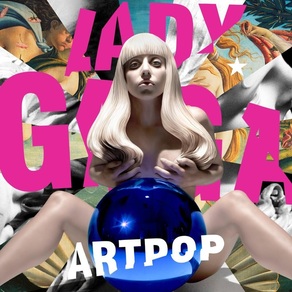
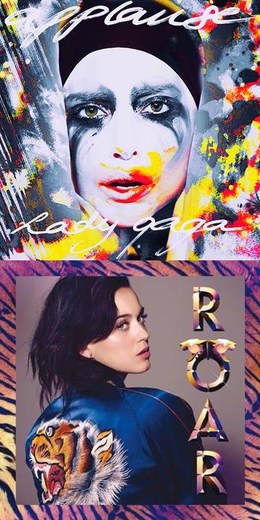

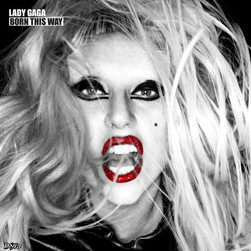
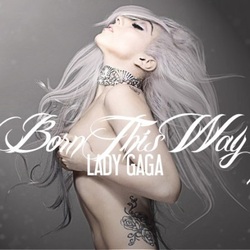
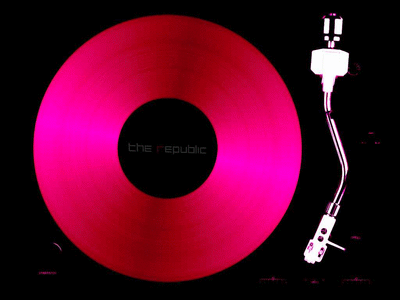
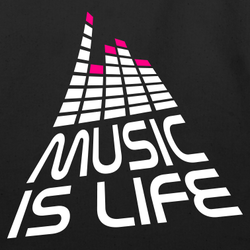
 RSS Feed
RSS Feed